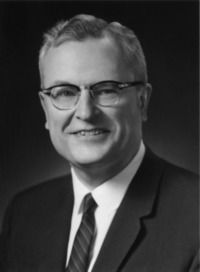Kagan Hearing Recap
 The hearings on the nomination of Elena Kagan to be Associate Justice of the United States Supreme Court ended with a whimper rather than a bang. In an op ed piece in last weekend’s Milwaukee Journal Sentinel, I reviewed the arguments put forth by her critics and found them wanting. You can read my piece here.
The hearings on the nomination of Elena Kagan to be Associate Justice of the United States Supreme Court ended with a whimper rather than a bang. In an op ed piece in last weekend’s Milwaukee Journal Sentinel, I reviewed the arguments put forth by her critics and found them wanting. You can read my piece here.
My colleague Rick Esenberg had a different view of the nomination. You can read Rick’s piece here.
It seems that the Kagan hearing failed to generate much interest. Given the scant written record of the nominee, there was simply not much to get excited about. She has a long and distinguished professional career, but her various positions as law clerk, executive branch policy advisor and Solicitor General all involve the application of her personal talents in the furtherance of someone else’s agenda. As a law school dean, she conciliated between factions rather than advocating one particular viewpoint. One looks in vain for written expressions of her personal views on controversial legal issues.

